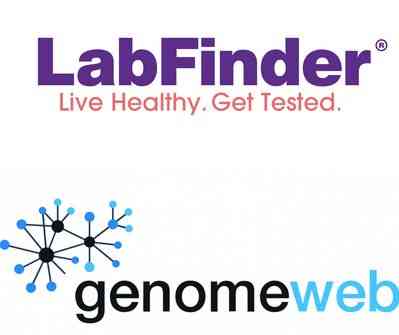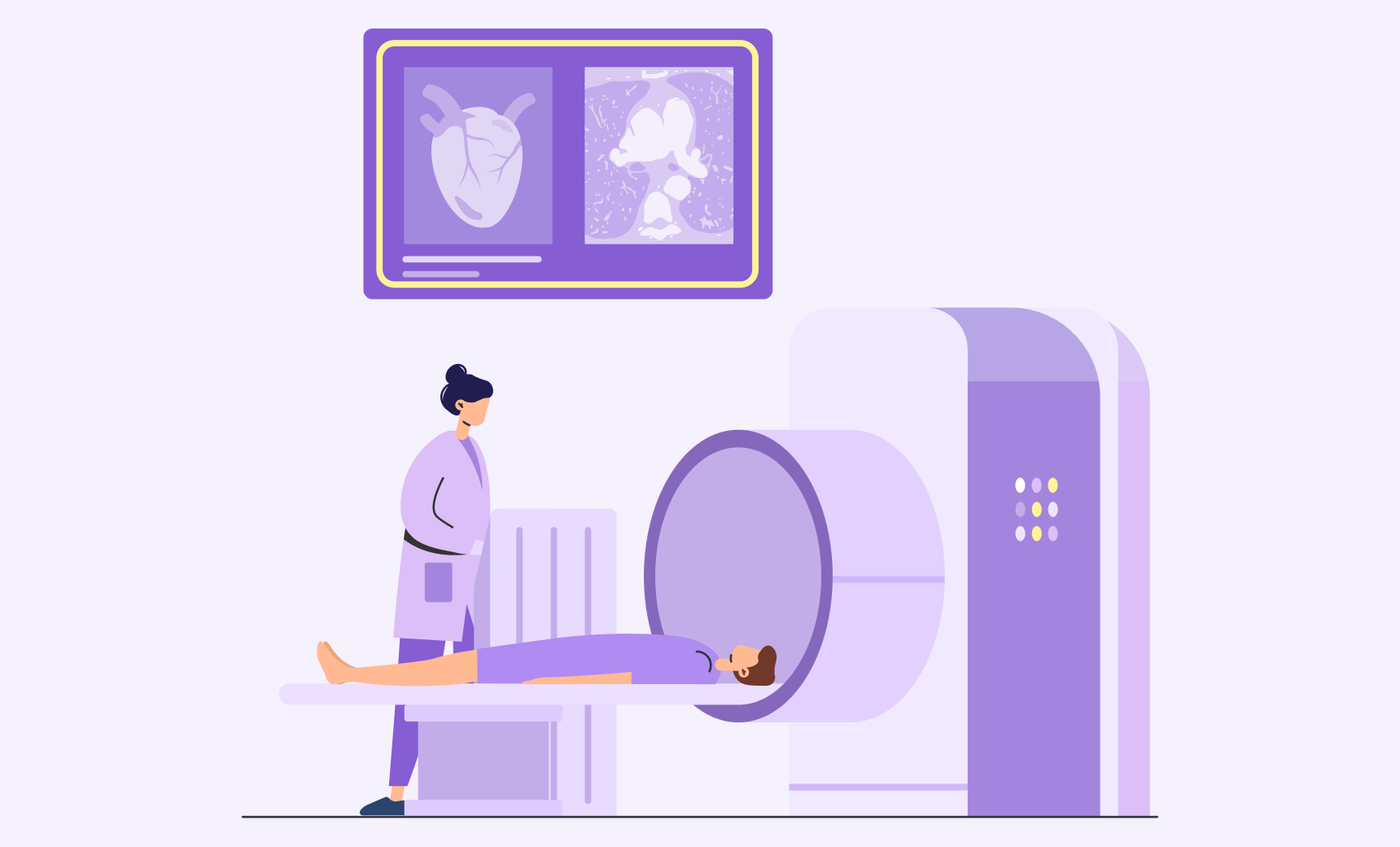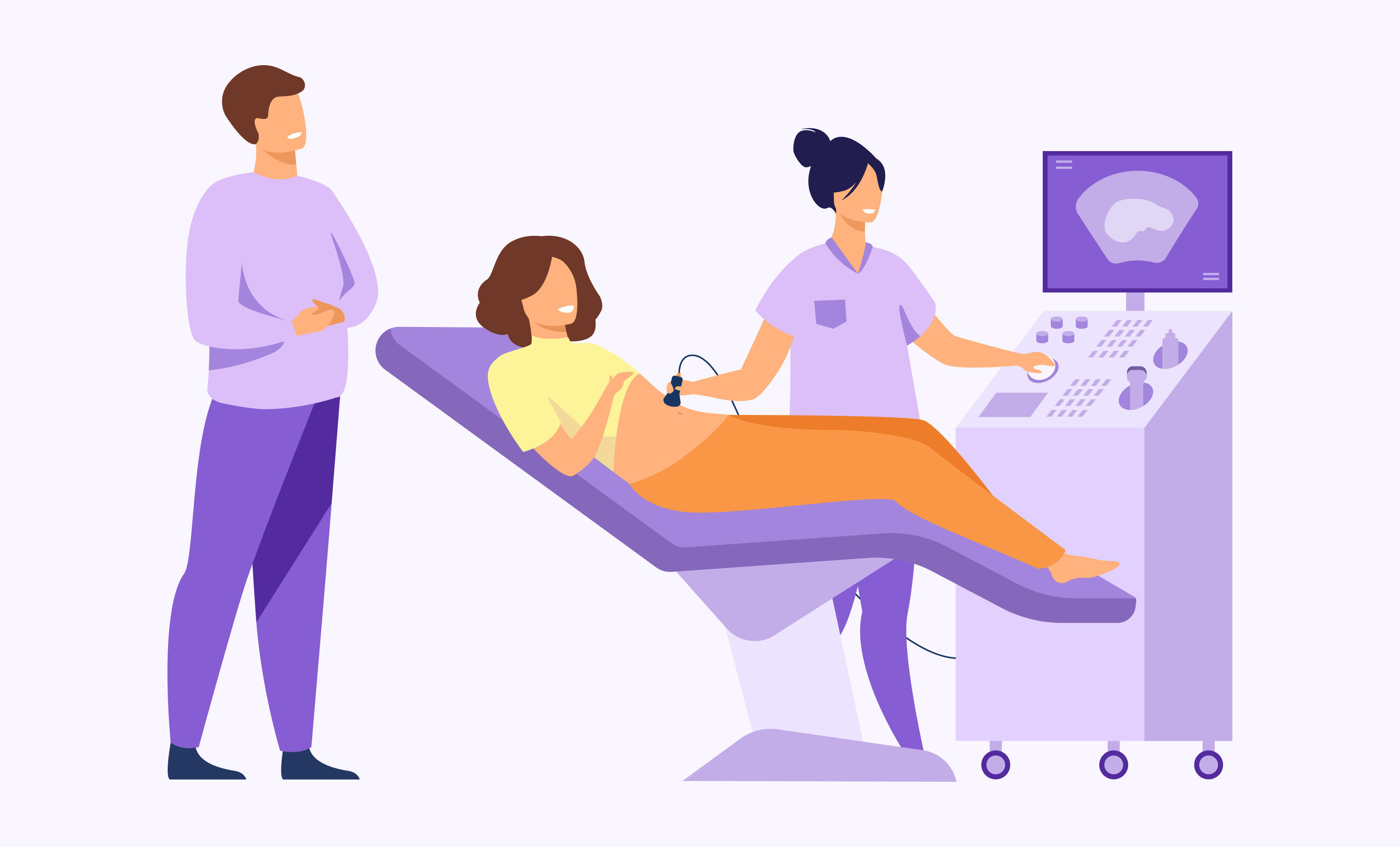
LabFinder featured on GenomeWeb.com
LabFinder’s Founder, Dr. Robert Segal, and Co-Founder, Chris Cecora were recently mentioned on GenomeWeb.com in their news segment called 360Dx.
Partnering With Clinical Labs, LabFinder.Com Connects Patients With Testing Services
During the COVID-19 pandemic, the website has offered a list of locations providing both
antibody and PCR testing.
NEW YORK – Laboratory testing has been in high demand throughout the COVID-19 pandemic, especially in states that have been hit hardest. In addition, many clinical laboratories across the country, and particularly in New York and New Jersey, have temporarily transitioned to providing SARS-CoV-2 testing full time – helpful for patients seeking antibody or PCR tests for the virus, but making it difficult for patients with other testing needs to find a place to get tested.
LabFinder.com intends to make the process easier for all patients, regardless of the kind of testing they’re searching for, by providing a database of testing and imaging centers. Filtered by location, type of test, and insurance provider, patients are able to find a lab with a patient service center or a radiology center that provides imaging, schedule an appointment, and
receive their test results directly. The service isn’t limited to laboratories or lab tests and also
provides options for patients who may be looking for mammograms, MRIs, or other routine
services.
The website is “patient-centric” and was “founded to protect patients,” said Chris Cecora, the site’s co-founder and CIO. Co-founder and CEO Robert Segal said via email he was inspired to create the site after a patient of his didn’t have access to test results. “Had they had the access readily available that patient would have tremendously benefited from prompt medical
treatment,” he said. All labs included on the site are credentialed and verified, he emphasized, to make sure patients are receiving adequate care. Users can also leave ratings and reviews of the centers based on their experiences. The goal of the website is to cut out unnecessary doctors’ visits to receive orders for a lab test and have the results read and interpreted. Patients also don’t have to pay to access the information on the site or schedule appointments with the laboratories, a point Cecora noted makes access to testing easier.
LabFinder instead provides clinicians via telemedicine who can interpret the results and explain further steps that need to be taken, via its MinuteMed service. Under the service, which costs $35, patients are able to talk to a doctor, who can provide orders online for certain screening tests. Although currently the service is only available to residents of New York, the company
said its hoping to expand across the US as it addresses each state’s specific regulations for licensing physicians and telemedicine services.
Since most patients aren’t paying to use the service, the money to sustain the service comes from the laboratories and imaging centers. LabFinder uses a subscription model, so labs pay a monthly fee to be listed on the site, Cecora said. The rate varies based on multiple factors,
including the number of subscribers and what kind of plan is purchased, Segal said. Each lab has a dashboard on the site where they can list the kinds of tests offered, which insurance providers for which the lab is in-network, and locations and phone numbers. Multiple labs and lab networks in New York and New Jersey have partnered with the company, including Empire City Laboratories, Lenco Diagnostic Laboratories, Laboratory Corporation of America and Access Labs, although out of 11 labs and imaging centers contacted, 10 did not respond or refused to comment.
Cecora said LabFinder is partnering with LabCorp to expand its network from the East Coast toward the West Coast. When asked about the partnership, a LabCorp spokesperson noted that “it is important for all consumers to have access to high-quality testing,” and said it has many relationships with organizations to help consumers. Labs can benefit from working with the website, Cecora said, because it promotes patient service centers and imaging centers to new patients in the neighborhood, increasing appointments and helping labs grow. LabFinder also offers analytics on the popular types of doctors, exams, payors, and more data that could be used by labs to better tailor their offerings to patient requests.
Insurance coverage can be a tricky beast for any site offering access to healthcare services, but Cecora said LabFinder hasn’t communicated directly with payors to create partnerships. Currently, patients with insurance can input their information and find labs that are in-network, or they can choose a self-pay option. Cecora added that labs are required to update their
network lists for which payors they are included in, since that information can change frequently.
For appointments booked through LabFinder, the company covers prior authorizations and pre-certifications for tests if patients are in the LabFinder Pre-Auth Program, which requires payment. Although the labs on LabFinder offer more than just SARS-CoV-2 testing, Cecora noted that the COVID-19 pandemic has increased traffic to the website as more people search for testing centers. Segal noted that the SARS-CoV-2 antibody and PCR tests have been the most popular tests for patients on the site. It has also helped patients learn more about the testing world. The big challenge is educating patients that they don’t have to be directed by their doctor to receive certain lab tests, Cecora added. “Patients can be their own driver,” he said. “We want to make sure we’re protecting patients and giving them a tool to make their lives easier,” Cecora said.
Click here to see the full article.




Andy Alem
The LabFinder Editorial Team is behind The Illuminator and The Insider, LabFinder’s consumer and business blogs.
Dr.Robert Segal
Dr. Segal is CEO and co-founder of LabFinder, as well as a board-certified cardiologist. He began practicing medicine in 2002 and has founded several businesses, including Medical Offices of Manhattan and Manhattan Cardiology.